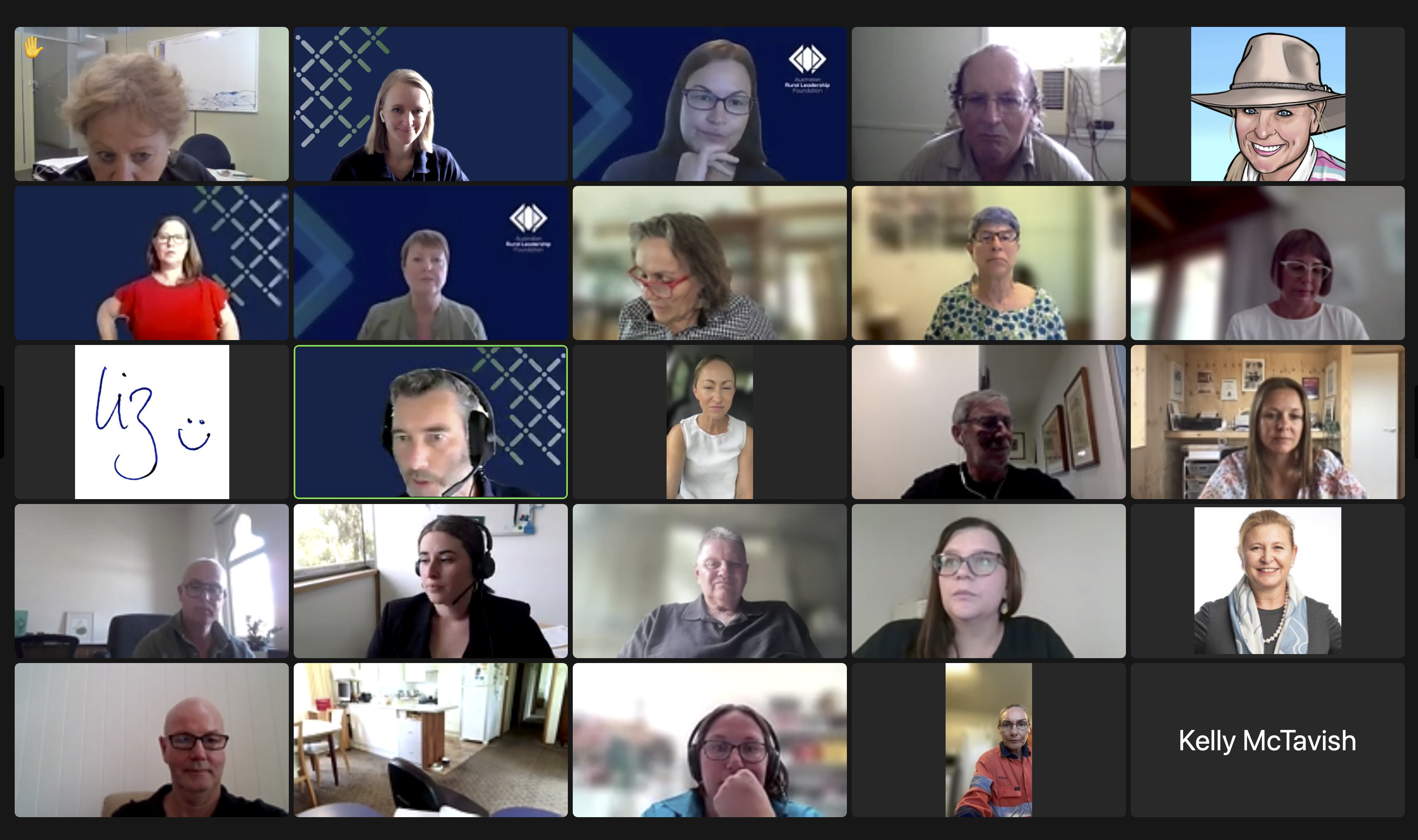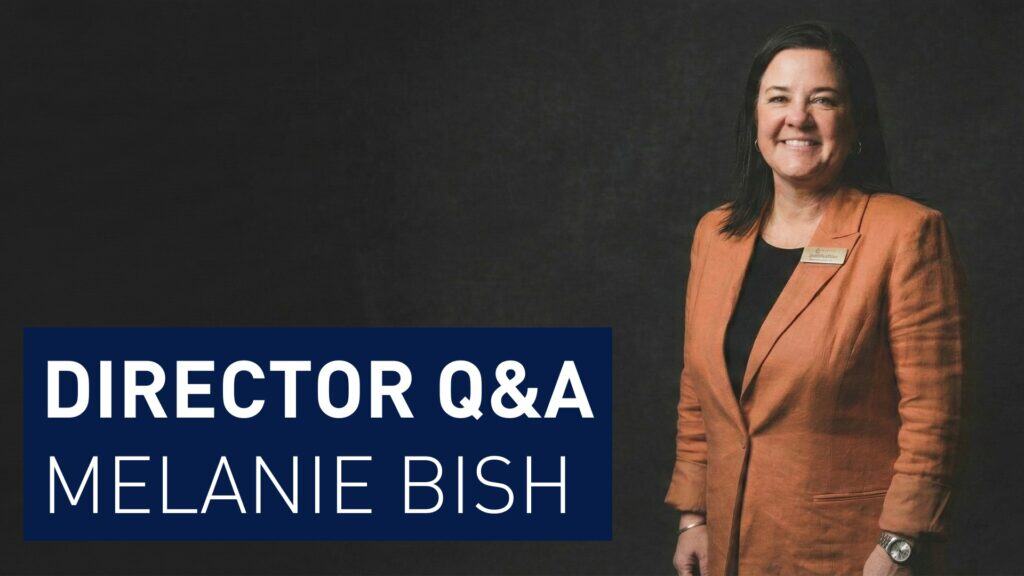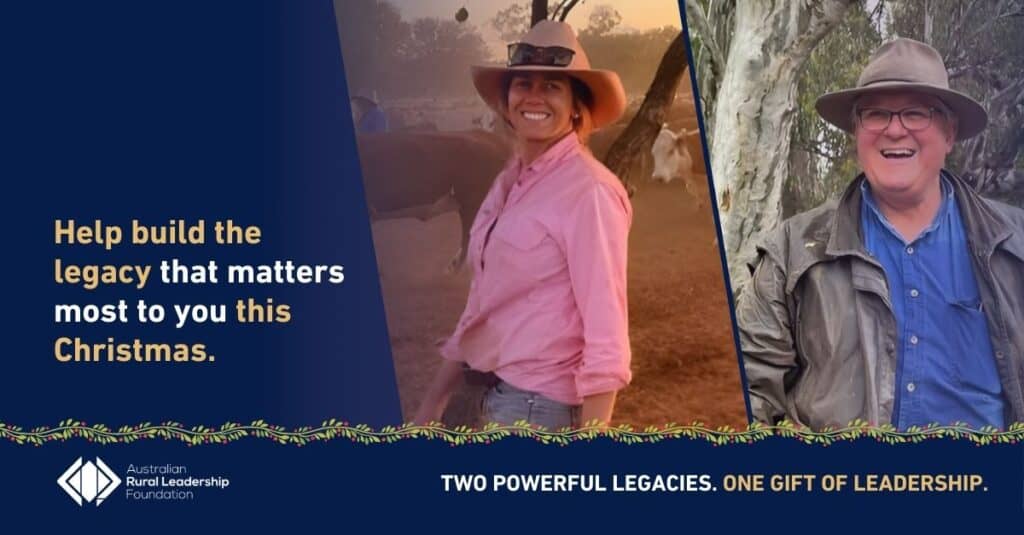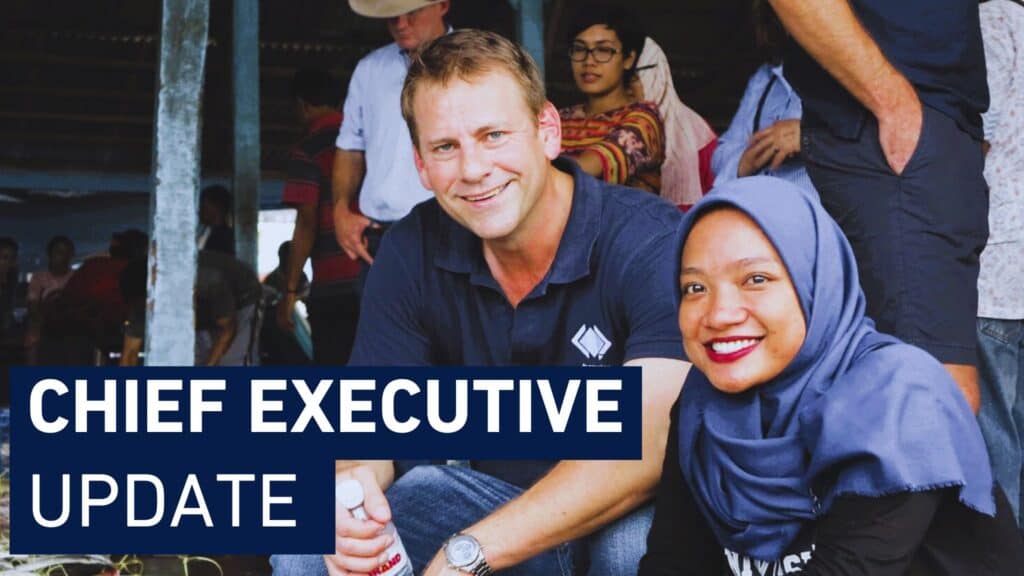Many mentees and mentors had already reached out and connected with each other. Some hadn’t yet. It’s this first step of establishing a connection with someone who can challenge respectfully, offers new perspectives, and support and establishes connections to broader networks, that can be hard – sometimes repeatedly so.
Often in our programs, and particularly in online sessions, we see this hunger for authentic and honest conversations and a space where vulnerability is welcome.
This was true for the group of 68 mentors and mentees who began their 12-month mentoring journey on the last day of January. Authenticity was a highlighted topic and the connection among the group was palpable minutes into the session. It was the first of many for the group. Over the next year, they will meet with their mentoring partner 12 times and participate in workshops to learn about themselves, each other, effective communication and leadership.
We had parents communicating in the chat not to wake their child sleeping in the same room, while an evacuation alarm interrupted another participant’s introduction from a corporate office and others kept their cameras off to keep within their bandwidth on rural internet. One mentee turned mentor had just returned from a TED Talk, another dialled in from his office in Cape York, the farm in Tasmania, home in Canberra, Perth and Central Queensland. How often do you see people in high-vis, corporate wear, farm work shirt and leisure wear from all over the country dial into the same Zoom call? We couldn’t get this into a single image if we tried. Like most of our programs – you have to be a part of it to experience it.
We are passionate about connecting people from paddock to office, state to territory and Country and home to hotel. It is beyond the immediate networks and perspectives, given the right tools, and authentic, honest conversations that rural Australian communities thrive.
The National Mentoring Program has another 180 places open for people looking for a mentor or wanting to give back by mentoring someone else and opening their networks. You don’t have to be living in rural Australia, you could be working with rural communities from a city head office for a rural service provider. The program is about creating a network of people who are actively engaged in or interested in role modelling and instigating a proactive approach to future droughts, including building connected and resourced communities.





